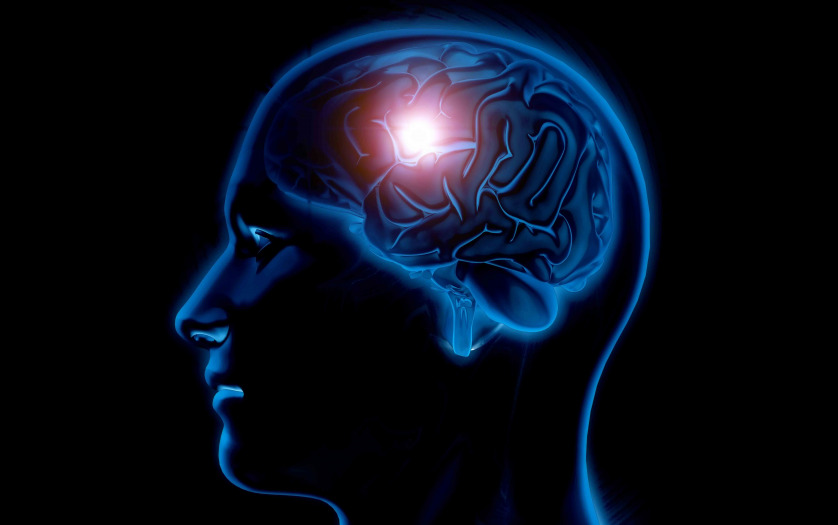
Managing people’s altered behaviour after a traumatic brain injury needs more specific attention and better guidelines, according to new research from Flinders University’s College of Nursing and Health Sciences.
An estimated 69 million individuals worldwide sustain a traumatic brain injury each year, and up to 70% of the 22,710 patients hospitalised in Australia each year experience behavioural changes while in hospital that include agitation, irritability, aggression, inappropriate sexual behaviour, perseveration, wandering or absconding, and apathy.
However, a systematic review of treatments shows that optimal clinical practice guideline recommendations to best manage these patients in hospital and inpatient rehabilitation settings are sparse.
The Flinders Caring Futures Institute study is looking at ways to improve management of behaviour changes after traumatic brain injury in the acute hospital setting. The study is led by Occupational Therapist and PhD candidate, Heather Block with her supervisory team, Professor Stacey George, Associate Professor Michelle Bellon and Dr Sarah Hunter.
“We aimed to identify high-quality recommendations that can be applied in hospital and rehabilitation settings,” says Ms Block.
Assessment of Clinical Practice Guideline (CPG) quality was based on adequately addressing four of the six domains measured by the AGREE II evaluation instrument. Seven CPGs out of 408 identified records met the inclusion criteria, and only two CPGs were deemed high-quality.
“High-quality guideline recommendations with the strongest supporting evidence for non-pharmacological treatment include behaviour management plans considering precipitating factors, antecedents and reinforcing events,” says Ms Block.
“Recommendations with the strongest supporting evidence for pharmacological management include beta blockers for aggression in traumatic brain injury.” says Ms Block.
However, the researchers found few guidelines that provide comprehensive detail on the implementation of recommendations into clinical care, which may limit their adoption into more hospital and rehabilitation settings.
The research findings – “Clinical practice guideline recommendations for the management of challenging behaviours after traumatic brain injury in acute hospital and inpatient rehabilitation settings: a systematic review,” by Heather Block, Maria Paul, Eimear Muir-Cochrane, Michelle Bellon, Stacey George and Sarah Hunter – have been published in Disability and Rehabilitation journal. https://doi.org/10.1080/09638288.2023.2169769








